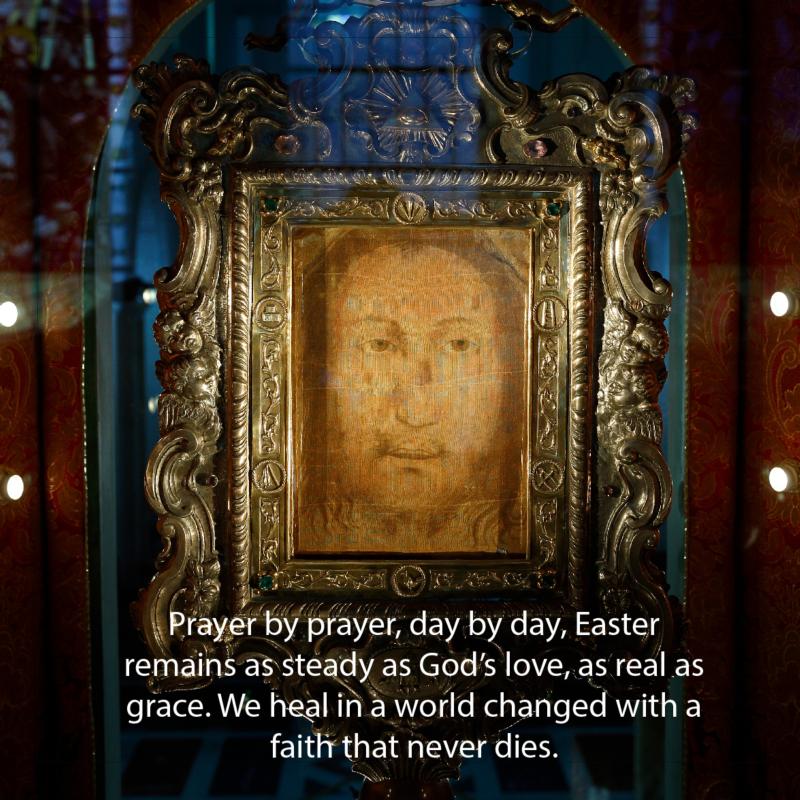
Some days, the losses we have sustained from the COVID-19 pandemic seem almost too great to comprehend.
So many families and friends are mourning the passing of loved ones fallen during the pandemic. Once-fruitful jobs are gone. Businesses that we used to frequent are shuttered. Even our connection with nature is, in some ways, cut off as we endure self-isolation or quarantine.
With these losses comes inevitable grief. But even our “usual” ways of facing the losses, particularly of loved ones, are upended. Enforced distancing has compounded the difficult realization that the cherished mother, father, child, grandparent or friend is no longer alive.
Often, no satisfying “goodbye” has been said or it has been relayed remotely through another caregiving individual (often a health care worker, bless them!). Sadly, some have gone into the hospital alone and died alone, too.
In the wake of the distant passage of someone we love, a void might seem to open within us, and a sense of unfinished longing or regret might surface.
We might struggle to make sense of the loss as if navigating through a fog or desperately desire to turn back the clock, reach out just once more and so say, “Goodbye. I love you.”
Or we might have regrets from past interactions with the person who has died, and added pain because we have no way of resolving them.
In more normal times, we would have the benefit of a regular way of dealing with our loss. A funeral and a burial all with family and friends around. Hugs, sympathy outpoured, perhaps even some laughter, and absolutely much shared love.
But today, in the time of pandemic, many places do not allow such rituals or rites of passage, and mourning the loss becomes as solitary and isolated as the “safer-at-home” orders dictate.
So, untethered to what is “normal,” how can we begin to heal?
If facing that question seems like moving deeper into the void created by loss, Easter, which we celebrate still, offers solace and a way to understanding.
The disciples could only stand by “at a distance” (Lk 23:49) as Jesus suffered horribly before dying. They had no way to bring him comfort, and they couldn’t come close to him in his last moments or speak to him one more time.
And then, when some of them went to the tomb, intending to perform their customary burial traditions, the tomb was empty! How much more could this have compounded their grief; they could not find comfort even in their usual rituals.
But their loss, like the wide open tomb, was not empty. And their relationship with Jesus was not ended, but had really just begun.
With each day that the disciples awoke to the rising sun and the realization of Jesus’ resurrection, they grieved less, they hoped more. Through prayer and fellowship, they strengthened in faith and any sense of loss was replaced by a vibrant awareness that Jesus was still with them, still listening, still loving.
Although our losses bring great pain, and we might regret that we did not do or say all we should have before our loved one died or our lives were upended by the pandemic, we can take great inspiration from the legacy given by the disciples long ago.
Prayer by prayer, day by day, Easter remains as steady as God’s love, as real as grace. And we heal in a world changed with a faith that never dies.









